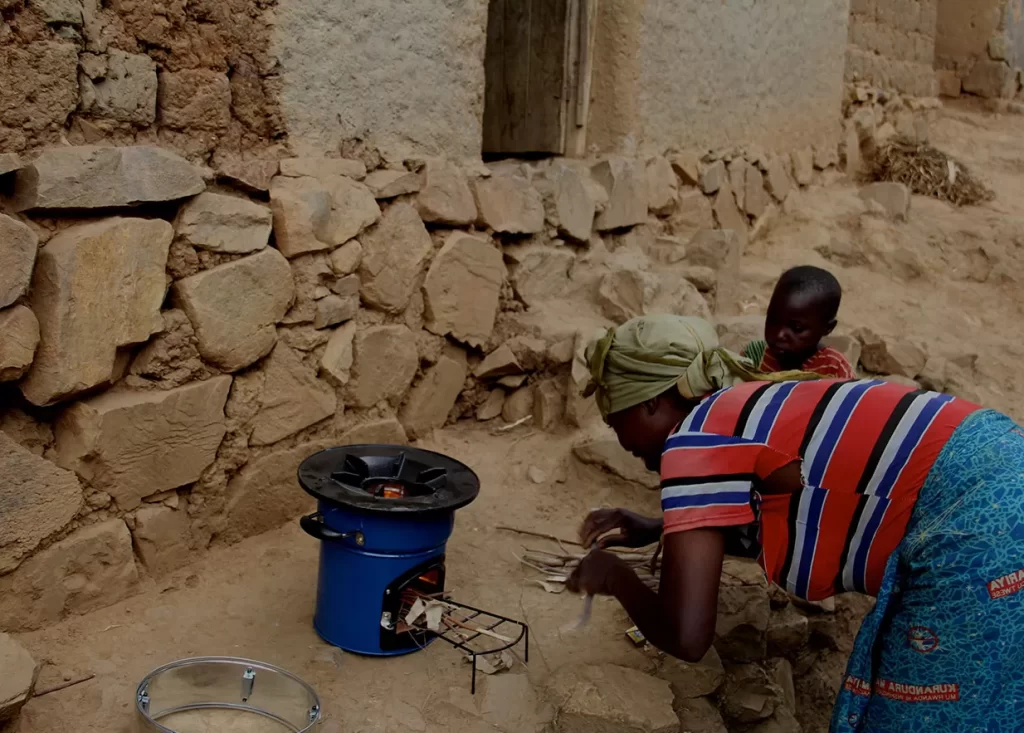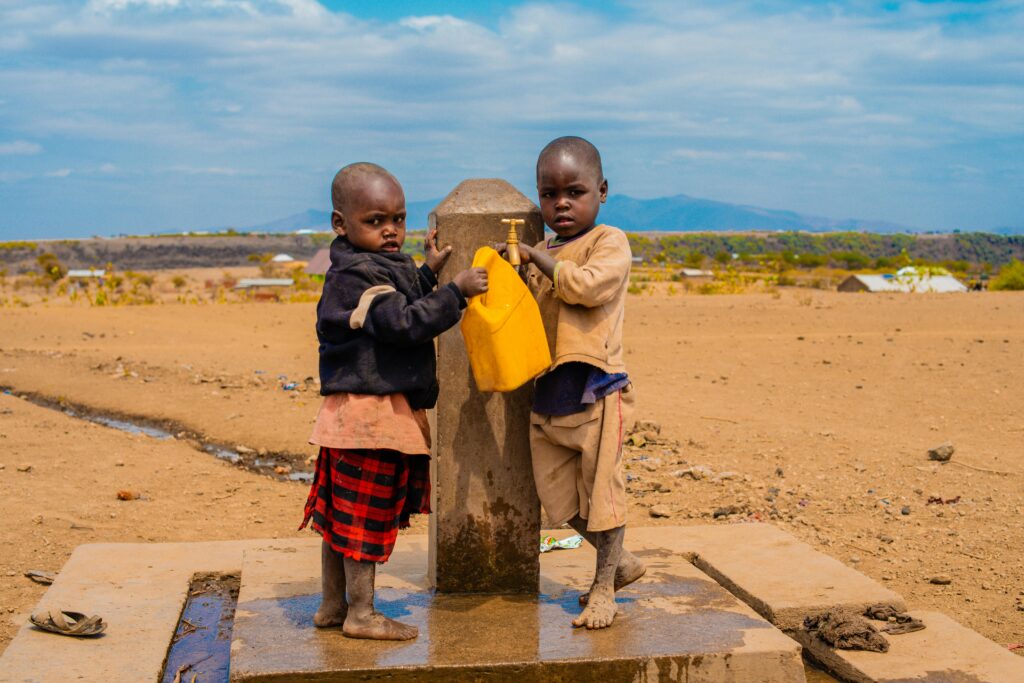Tackling the climate crisis with urgency and determination,
empowering communities to build a sustainable future for all.
Global Emissions from Fossil Fuels
Deaths from Air Pollution
Communities Served Worldwide
Years
Stove Lifespan
Community-centered Approach

At Good Planet International, we are committed to tackling the climate crisis with a sense of urgency and determination. Climate change is no longer a distant threat; it is a reality affecting people and ecosystems across the globe.
As more than 40% of global carbon emissions stem from fossil fuels, our efforts go beyond reducing emissions; we are actively reshaping the future of energy, agriculture, and infrastructure to build a sustainable world for future generations.
Climate change impacts communities differently, with the most severe effects often felt by marginalized groups, including women, children, Indigenous populations, and economically disadvantaged communities.
Solar panel installations and community-led clean energy projects
Skill-building and capacity development for communities
Empowering communities to lead their own climate initiatives
Advocating for equitable climate policies and fair transitions
According to the World Economic Forum's 2021 Global Risks Report, failure to mitigate and adapt to climate change is one of the greatest risks we face.
Climate change affects everything from water and food security to air quality and health, with disproportionate impacts on vulnerable populations.
We focus on building resilience against extreme weather events, floods, and landslides while addressing environmental disparities.
We believe in the power of people to create meaningful change. By empowering communities through education, skills training, and access to renewable energy solutions, we are helping individuals and families take control of their environmental impact.
Millions of people around the world suffer from the detrimental health effects of cooking with firewood, charcoal, or other traditional fuels. Women and children are the most affected, as they often spend hours each day collecting firewood and breathing in toxic smoke.

While international cooperation is crucial in addressing the global climate crisis, local action plays a pivotal role in driving meaningful change. We believe in putting the power of climate action back into the hands of communities.

The international youth climate movement has emerged as a powerful force, calling for urgent action and holding leaders accountable. We support and amplify this movement through collaboration and advocacy.
We work with governments, corporations, and local communities to implement policies that prioritize renewable energy, energy efficiency, and climate adaptation for sustainable development.
Whether through local projects that provide solar power to rural communities or advocating for policy changes that encourage climate-resilient infrastructure, we are dedicated to building a better world for future generations.